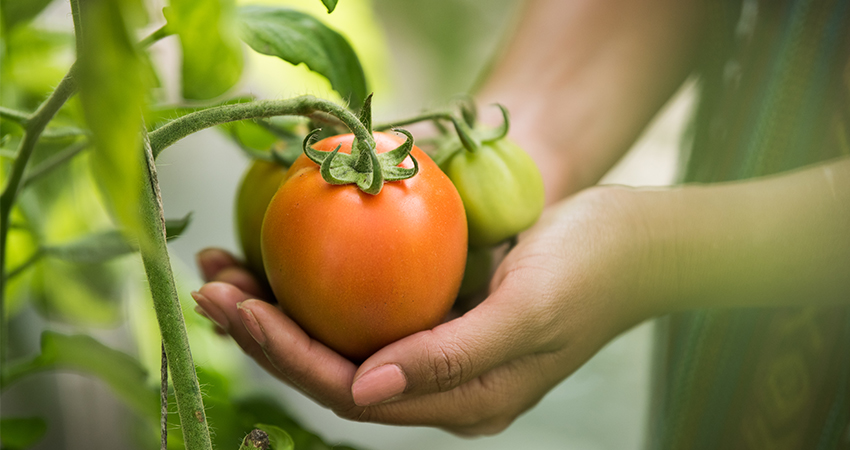Introduction
In an era marked by rapid technological advancements and industrialization, the importance of organic farming cannot be overstated. Organic farming is a holistic approach to agriculture that prioritizes sustainability, biodiversity, and the well-being of the environment, consumers, and farmers alike. As we face the challenges of climate change, soil degradation, and the need for healthier food choices, the adoption of organic farming practices emerges as a crucial solution for a more sustainable and resilient future.
1. Environmental Sustainability
One of the primary advantages of organic farming lies in its commitment to environmental sustainability. Organic farmers avoid synthetic pesticides and fertilizers, relying instead on natural alternatives such as compost and crop rotation. By eschewing harmful chemicals, organic farming helps protect soil health, prevent water pollution, and preserve biodiversity. The absence of synthetic inputs also contributes to reduced greenhouse gas emissions, making organic farming a key player in the fight against climate change.
2. Soil Health
Healthy soil is the foundation of a thriving agricultural system. Organic farming prioritizes soil health through practices such as cover cropping, crop rotation, and the use of organic matter like compost and manure. These methods enhance soil structure, fertility, and microbial activity. Healthy soil not only boosts crop yields but also aids in water retention and erosion prevention, creating a more resilient and sustainable farming ecosystem.
3. Biodiversity Conservation
Unlike conventional farming, which often relies on monoculture (the cultivation of a single crop), organic farming emphasizes biodiversity. By growing a variety of crops and incorporating natural habitats, organic farms become vibrant ecosystems that support a wide range of plant and animal life. This diversity enhances pest control, reduces the risk of crop failure, and promotes ecological balance. Preserving biodiversity is not only crucial for the health of our ecosystems but also for the long-term sustainability of agriculture.
4. Consumer Health
The food we consume has a direct impact on our health, and organic farming prioritizes the production of nutritious and uncontaminated food. Organic crops are free from synthetic pesticides and genetically modified organisms (GMOs), reducing the risk of harmful chemical residues in our food. Studies have shown that organic produce often contains higher levels of essential nutrients, antioxidants, and beneficial compounds, contributing to the overall well-being of consumers.
5. Economic Viability for Farmers
While the transition to organic farming may pose initial challenges for farmers, the long-term benefits can significantly outweigh the costs. Organic farming systems reduce dependency on external inputs, leading to lower production costs over time. Additionally, the growing demand for organic products provides farmers with access to niche markets and premium prices, improving their economic sustainability. Organic farming fosters a model of agriculture that values the well-being of both the environment and those who cultivate the land.
Conclusion
In a world facing environmental challenges and a growing need for sustainable solutions, organic farming stands as a beacon of hope. By embracing nature’s wisdom and working in harmony with the environment, organic farming not only produces healthier food but also contributes to the conservation of our planet’s resources. As consumers, farmers, and policymakers increasingly recognize the importance of this sustainable farming approach, the shift towards organic agriculture promises a more resilient and ecologically sound future for generations to come.



Leave a Reply